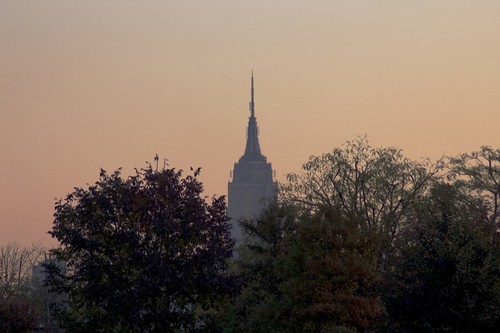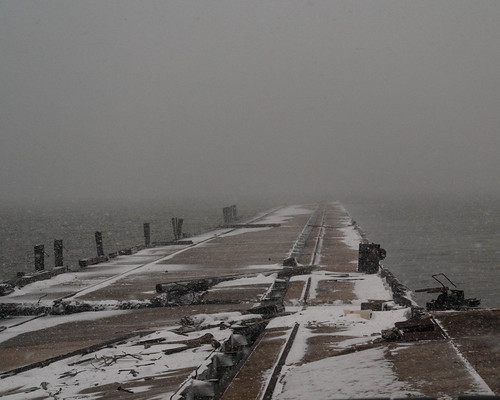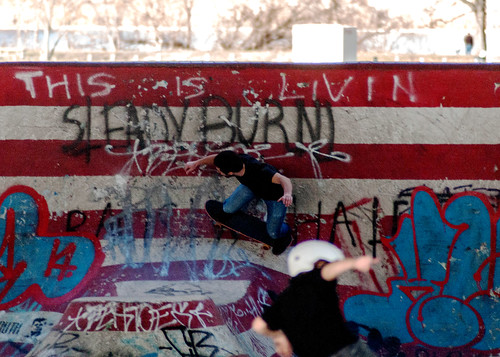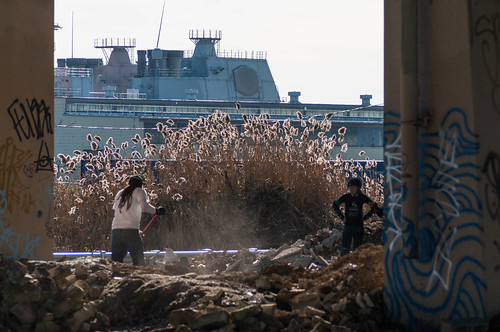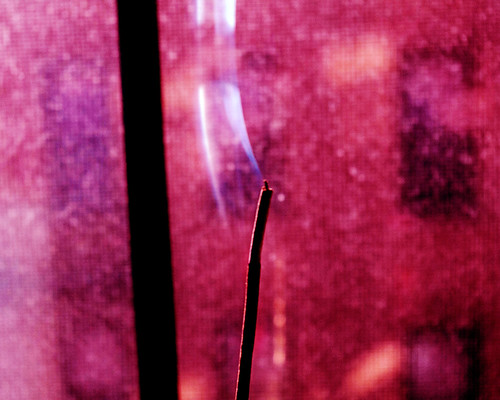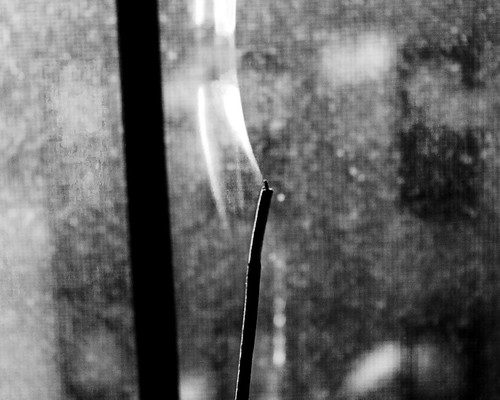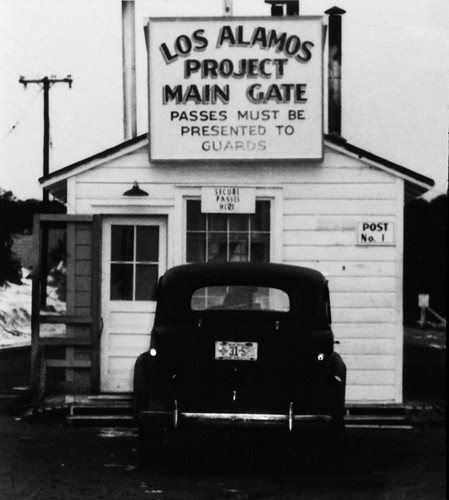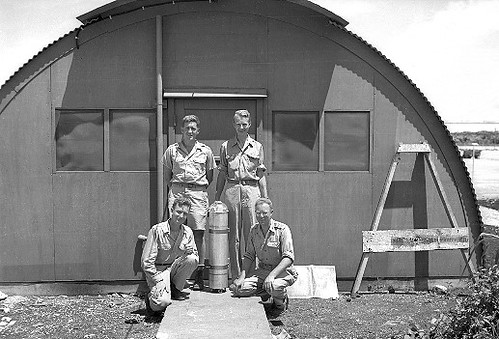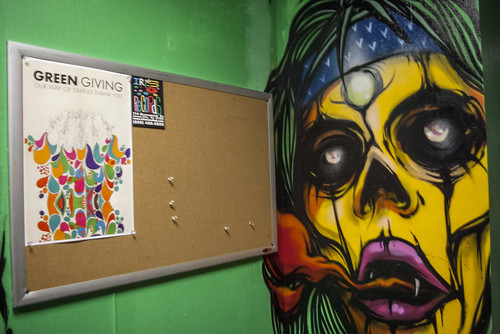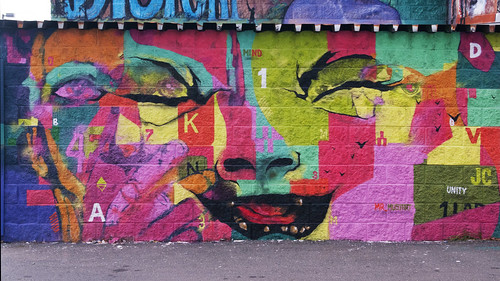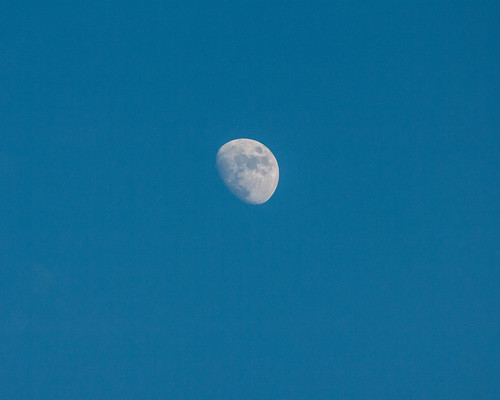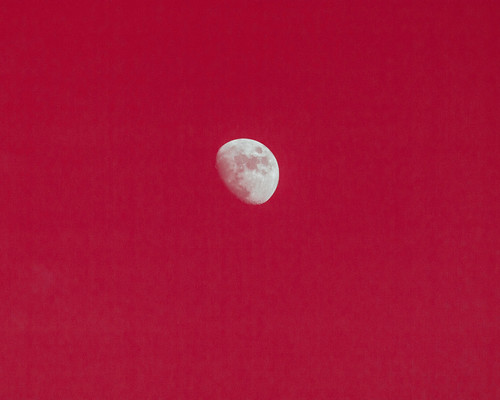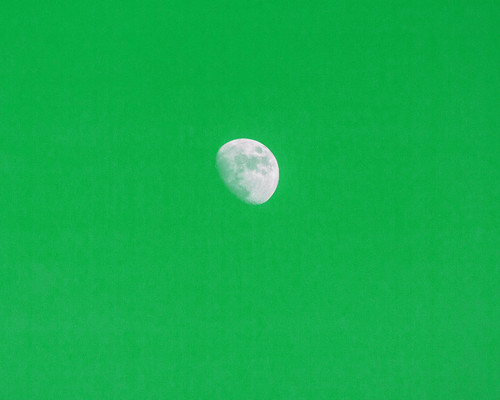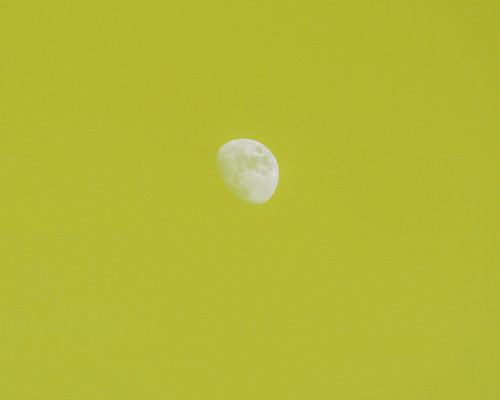I'd originally posted this at The Valve in July of 2007 under a slightly different title: The Autonomous Aesthetic: A Graduate Syllabus in Literary Theory. Now that I have clearly distinguished between naturalist and ethnical criticism, and provided a rationale for the distinction, it seems best to restrict the title of this syllabus to naturalist criticism, for that IS its scope. Beyond that, the syllabus holds up pretty well. I've added Brian Boyd's book, On the Origin of Stories, which makes a bear of a course even worse, but the first half has a lot of useful psychology in it, making it a valuable supplement to me, Tsur, and Herman.
Note that I'd originally republished this in October of 2013. I'm bumping it to the top in the context of my open letter to Hillis Miller. Finally, if this post at all interests you, I urge you to go over to The Valve (link above) and read the discussion we had there. It's quite good. For on thing, there's some commentary on the notion of an autonomous aesthetic, and that's something I've been thinking about steadily for awhile. I came up in my letter to Miller, where it referenced my working paper on Matthew Jocker's Macroanalysis.
John Holbo's recent post on Mark Bauerlein's proposed antidote (that link, alas, is dead as The Valve has finally bit the dust) for leftist politics in the Theory curriculum got me thinking about the question of how, given a free hand, I'd teach literary theory. In the spirit of a thought experiment I've put together a syllabus for a graduate course in literary theory, that is, the theory of literature.
On the one hand, I want to demonstrate that one could teach a course in literary theory that pretty much avoids High Theory and yet is intellectually contemporary rather than an exercise in nostalgia. If I myself have pursued these ideas, however, it has not been out of any desire to avoid Theory as though it were a disease (and, of course, it is very proud of the fact that it is grounded in dis-ease) but simply because these are the ideas that have interested me. They are compelling on their own terms and not simply as an alternative to something else.
As a way of setting an overall objective for such a course, a pole star if you will, I offer a passage from a very political High Theorist, the late Edward Said. This passage is from one of his last essays, “Globalizing Literary Study,” published in 2001 in PMLA. He says:
I myself have no doubt, for instance, that an autonomous aesthetic realm exists, yet how it exists in relation to history, politics, social structures, and the like, is really difficult to specify. Questions and doubts about all these other relations have eroded the formerly perdurable national and aesthetic frameworks, limits, and boundaries almost completely. The notion neither of author, nor of work, nor of nation is as dependable as it once was, and for that matter the role of imagination, which used to be a central one, along with that of identity has undergone a Copernical transformation in the common understanding of it.
I too believe that “an autonomous aesthetic realm exists,” and that one can conceptualize it without having to ignore either the human mind, nor society, nor their joint interaction through and embedding in history. The objective of this course in literary theory, then, is to begin understanding how literature partakes of this aesthetic autonomy while being embedded in the contingencies of history.
First I list the proposed texts, in the order that I would use them, and then I explain why.
David Herman. Story Logic: Problems and Possibilities of Narrative. University of Nebraska Press, 2002.Claude Lévi-Strauss. “The Story of Asdiwal,” in Structural Anthropology II. Basic Books, 1976, pp. 146-197.Reuven Tsur. Toward a Theory of Cognitive Poetics. North-Holland, 1992.William Benzon. Beethoven's Anvil: Music in Mind and Culture. Basic Books, 2001.
Brian Boyd. On the Origin of Stories: Evolution, Cognition, and Fiction, Harvard 2009. My review is HERE.
Dan Sperber. Explaining Culture: A Naturalistic Approach. Blackwell, 1996.Franco Moretti. Graphs, Maps, Trees: Abstract Models for a Literary History. Verso, 2005.Alistair Fowler. Kinds of Literature: An Introduction to the Theory of Genres and Modes. Harvard University Press, 1982.




